What is Wrong with my Rose?
hotzona_2007
13 years ago
Featured Answer
Sort by:Oldest
Comments (11)
hoovb zone 9 sunset 23
13 years agohotzona_2007
13 years agoRelated Professionals
Danbury Landscape Architects & Landscape Designers · Panama City Landscape Architects & Landscape Designers · Bainbridge Island Landscape Contractors · Del Aire Landscape Contractors · Dunwoody Landscape Contractors · Glendale Heights Landscape Contractors · Hawaii Landscape Contractors · Laguna Hills Landscape Contractors · New Brighton Landscape Contractors · Panama City Beach Landscape Contractors · Rockwall Landscape Contractors · Smyrna Landscape Contractors · Wallingford Landscape Contractors · Chicago Ridge Landscape Contractors · Lauderdale Lakes Landscape Contractorsjim1961 / Central Pennsylvania / Zone 6
13 years agokstrong
13 years agokentstar
13 years agohotzona_2007
13 years agohotzona_2007
13 years agomichaelg
13 years agohotzona_2007
13 years agoJeannie Cochell
13 years ago
Related Stories

COLOR8 Color Palettes You Can't Get Wrong
Can't decide on a color scheme? Choose one of these foolproof palettes for a room that feels both timeless and fresh
Full Story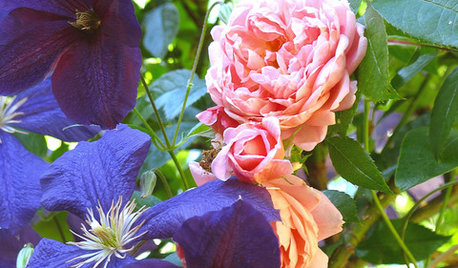
PLANTING IDEASGreat Garden Combo: Rose + Clematis for Small-Space Impact
We all need somebody to lean on. And when a rose supports a climbing vine, the results can totally transform a small garden
Full Story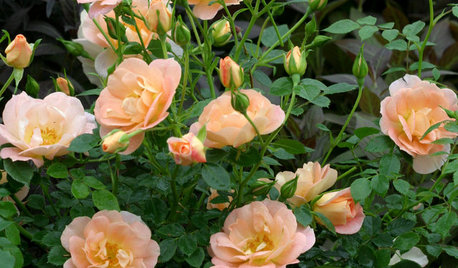
GARDENING GUIDES6 Wonderfully Easy Roses for Any Gardener
Look like an expert even if you're just starting out, with these low-maintenance gems of the rose world
Full Story
WINTER GARDENINGPruning Secrets for Exquisite Roses
Encourage gorgeous blooms year after year with this time-tested advice on how to prune your rosebush in winter for health and shape
Full Story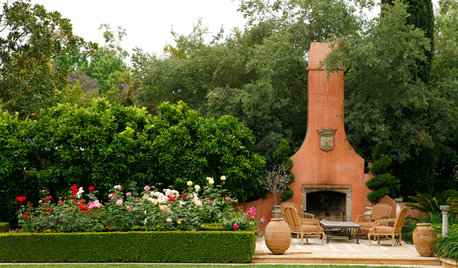
LANDSCAPE DESIGNMake Your Roses Even More Beautiful With These Companion Plants
Nourish your rosebushes and create a visual feast with these 7 classic and unexpected plant pairings
Full Story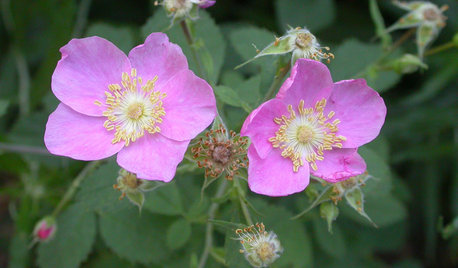
GARDENING GUIDESGreat Design Plant: Rosa Californica
Plant California wild rose for easy care and a touch of romance in your native garden
Full Story
DECORATING GUIDESWhat Goes With Floral Upholstery?
How to decorate around floral-print furniture so that everything comes up roses
Full Story
DECORATING GUIDES12 Ways Your Home Can Say Happy Derby Day
Add a dash of fresh Kentucky Derby style to your home
Full Story
TASTEMAKERSWorld of Design: Where Color Trends Begin
Colors go in and out of vogue. Here’s how they make their way into our home decor
Full Story







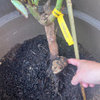
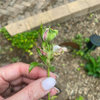
Carrie_AZ